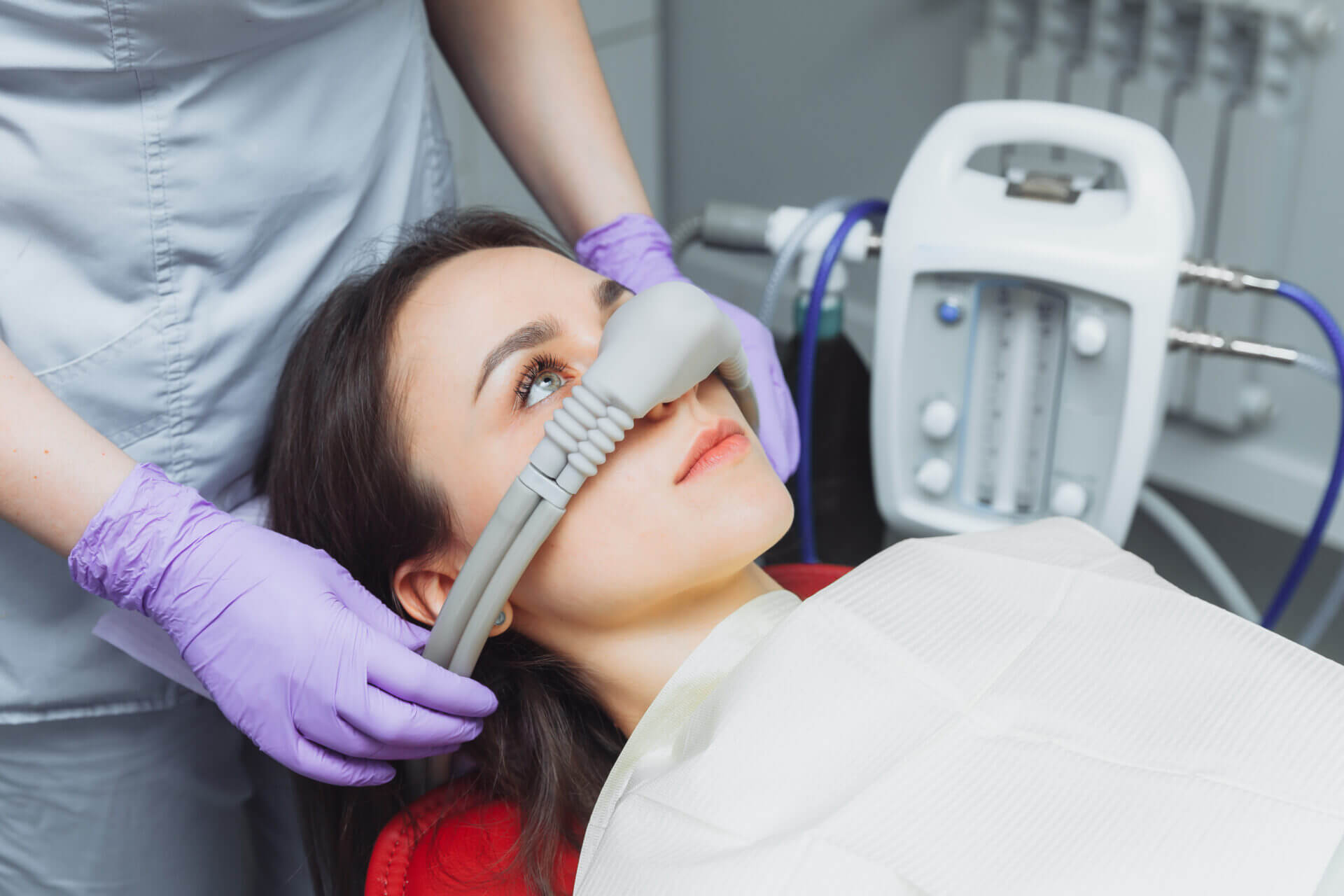What You Should Know Before Choosing Your Best Sedation Dentist
Dental sedation is a common and safe procedure, but you need to fully trust your doctor. Our article will help to know what questions are better to ask to find the best sedation dentist.
Dental health is important for your overall wellness. While a trip to the dentist is not everyone’s cup of tea, it is comforting to know that we now have something to keep the anxiety at bay: dental sedation. It is the process of putting the patient into a relaxed state of altered consciousness, where little to no pain is felt.
Choosing the right sedation dentist can help you stay as comfortable as possible during your next dental procedure. Here are a few questions that you can ask the dentist before you decide.
1. What Licenses or Certifications Do You Have in Sedation Dentistry?
Not all dentists can perform sedation dentistry as it requires a license from the state dental board. In cases of IV sedation, the one performing the procedure should be a specialist IV sedation dentist or an oral surgeon.
It’s also a good sign if a dentist has completed post-graduate training and additional courses, like moderate sedation training. This training was reviewed by the FDA and endorsed by the International Society for Anaesthetic Pharmacology (ISAP), the sedation committee of the American Society of Anesthesiologists (ASA), and 28 anesthesiology department chairs from academic centers and private practices.
Ask the dentist about their licenses and certifications to make sure they have the necessary expertise.
2. What Type of Sedation Is Better for Me and Why?
It is best to make your research first on the different types of sedation. For simple procedures, laughing gas inhalation or oral sedation are usually recommended. However, for longer and more complicated procedures, it could be conscious intravenous/deep sedation or general anesthesia.
After doing some research, you can ask your dentist about each type of sedation including their side effects and contraindications. It is also best to discuss your health history with the dentist so you can discuss your options. During the discussion, note how you feel as you converse with the dentist. It is important that the dentist you choose will make you feel at ease and comfortable about the procedure.
3. How Long Have You Been Providing Sedation?
One of the first questions that you ask your dentist should be their amount of practice in the field and experience in the dental procedure that you intend to have. It will give you comfort knowing that in case of any unforeseen circumstances, they can be counted upon to know what to do.
4. Have You Ever Had Problems During Sedation Dentistry?
With this question, you can gauge the dentist’s honesty, and you’ll be able to learn any possible problems that may be encountered during sedation. During the discussion, it is okay to seek clarification if the issue arose because of an underlying condition of the patient, or because of non-compliance to a safety guideline. You can also ask about their protocol at the clinic in case of emergencies.
5. How Long Will It Take to Come Out of the Sedation?
An expert sedation dentist should be fully aware of all possible side effects of each type of sedation and capable of explaining them to the patient. For simple and moderate sedation, effects usually last for a short time, and you can be up and about after five to ten minutes. However, for deep and intravenous sedation as well as general anesthesia, it could take 24 hours for the effects to wear off completely.
6. What Follow-Up Care Is Required?
It is also a sign of professionalism if the dentist can provide comprehensive information on follow-up care and explain what the patient should do in case of alarming symptoms. For example, common after-procedure advice is to rest and avoid doing any strenuous activities, as well as to refrain from drinking alcohol and smoking. You will also be advised to wait for a few hours before ingesting liquids.
Conclusion
By asking these key questions, you will hopefully have an idea of which dentist will fit your preferences. Make sure you select a person who has all the necessary qualifications, experience, and personal qualities that make you comfortable. Whoever you choose, you will be asked to sign an informed consent form after the dentist discusses the procedure with you as well as the possible risks that it may entail.

















